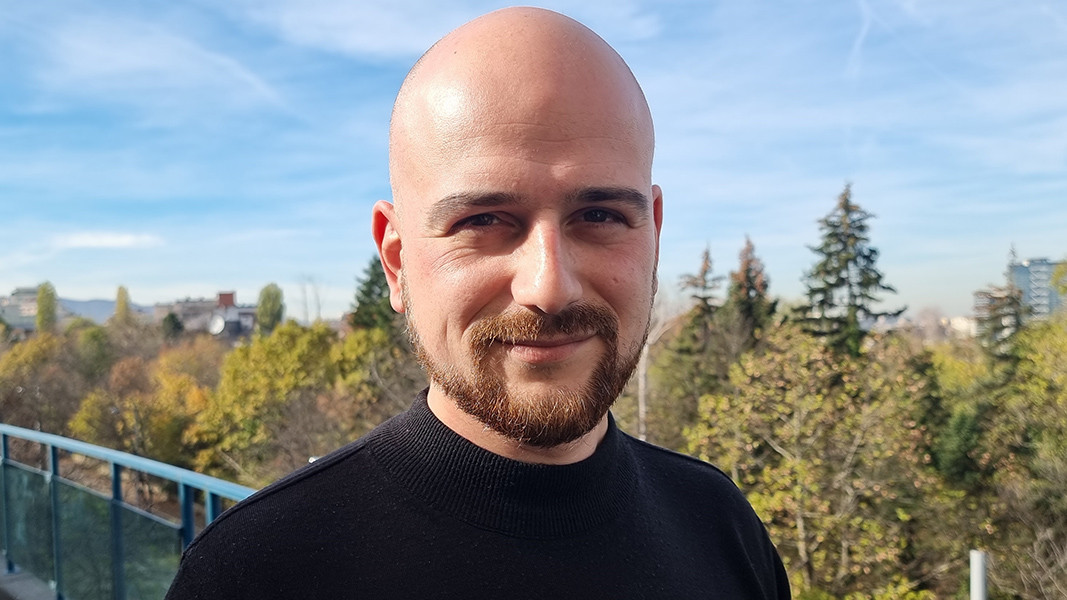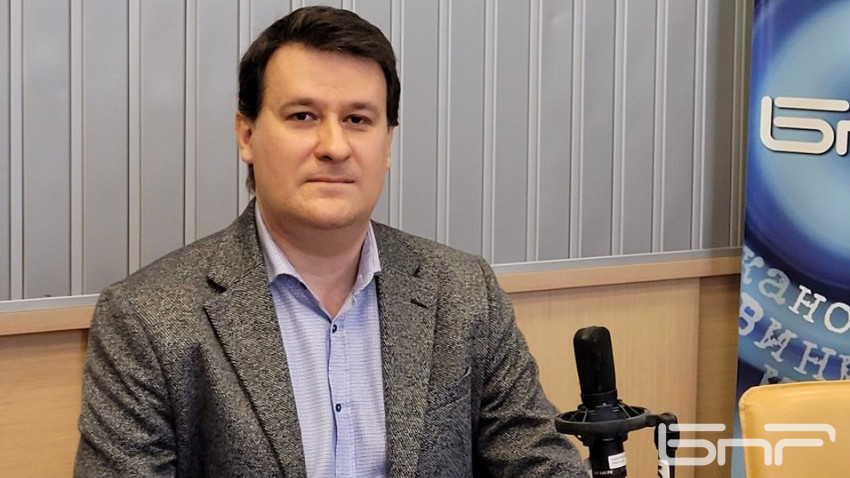


Romanians to vote once again for president on May 18 George Simion and Nicusor Dan are the two candidates who will face each other in the runoff of the presidential election in Romania on May 18. Simion, who is..
"In the European Parliament we commemorate the end of World War II. Eighty years later, we truly live in peace, but we are also under attack. We do not pose threats to anyone, but others are posing threats to us". This was stated Nathalie..
"The approach currently being proposed creates preconditions for redirecting funds from one program to another, which is dangerous for some of the key social policies, such as the cohesion policy, " said Tsvetelina Penkova, MEP from the Progressive..
Diplomatic relations between China and the European Union span over half a century and have delivered substantial economic gains. “Trade between China..

+359 2 9336 661
